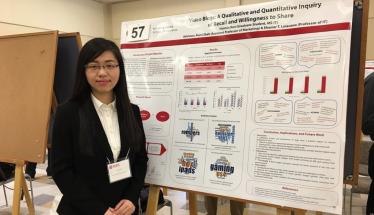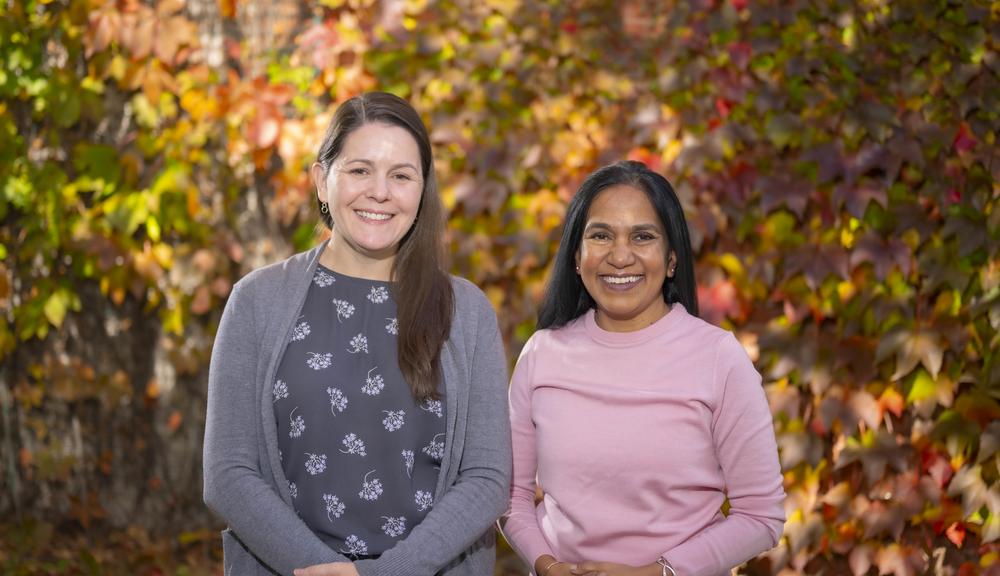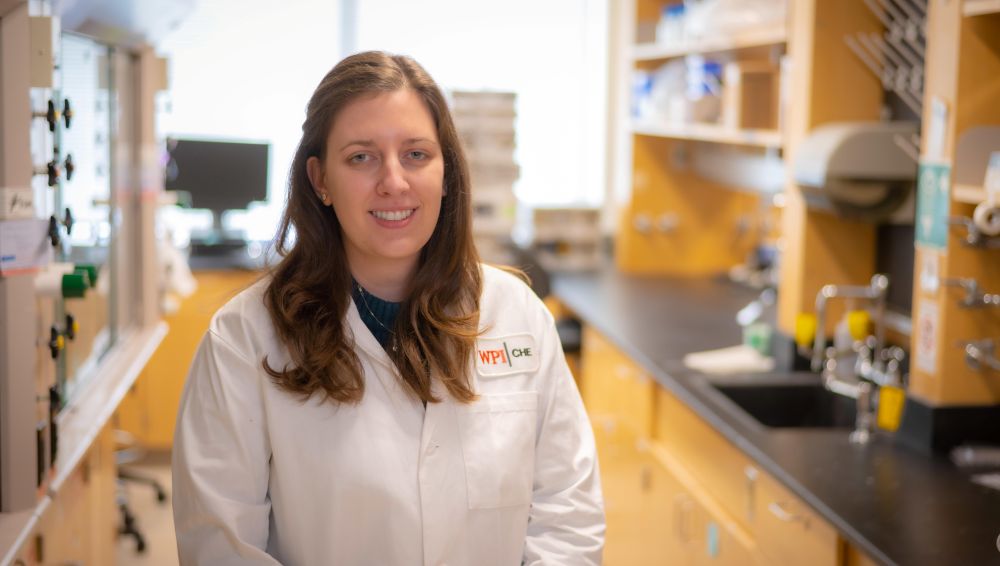To elevate the importance of graduate students presenting at conferences, WPI recently implemented the Graduate Student Travel Fund, a formal program to give grad students access to funds that allow them to travel to professional conferences.
The third cycle of awards was just completed, with nearly 70 master’s and PhD student applicants receiving funds to attend and present at conferences worldwide. Each student is expected to give a presentation at the conference and also to network, so they can begin to establish a base of colleagues.
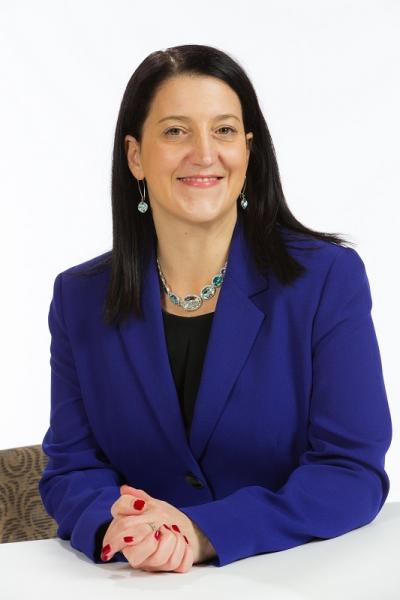
Terri Camesano
“Before we started doing this, people didn’t understand the diversity of the conferences we are presenting at,” says Terri Camesano, dean of graduate studies. Graduate students go to conferences to present their own work, but they are also helping spread the word about all the research going on at WPI, she says. “It’s important to get students out there so people know about WPI.”
This latest cycle of funds distributed $40,000 to grad students who submitted an application that included a recommendation from an advisor on a specific conference. Interested students worked with their advisors to find the best conference venue to present their work; students also must have a secured (or nearly secured) invitation to present at the conference they plan to attend.
Because conferences are so varied—from the most intimate meeting of specific topics to the largest interdisciplinary gathering of more than 10,000 participants—students want one where they can make the most impact with their research presentations and where they also glean information about others’ current research. Choosing the best option can take some investigating. “They need to demonstrate why that’s the right venue for their presentation and what’s the value of that meeting,” says Camesano. Faculty help students decide on the conferences as some will help maximize the exposure of particular research and make more of an impact.
Huimin (Ramona) Ren plans to attend and present at HCI International 2017 in Vancouver this July and says each conference experience is important so students can learn how to make a presentation and tell a story about their research. “This kind of ability is very important for our future work,” says Ren. “We can have a chance to communicate with other researchers, which can help us open our minds.”
Faculty and departments have always sent grad students to conferences with their own funding and will continue to do so. But this institution-level commitment shows that WPI recognizes the value grad students bring to the school’s reputation. The awards may not cover the entire cost of conference attendance, says Camesano, so the faculty advisor or department must commit to contributing the rest of the necessary funds in order for the student to attend. In general, the Graduate Student Travel Fund awards seek to cover attendance fees, travel, and accommodations, and will fund one conference per year per qualified and awarded student.
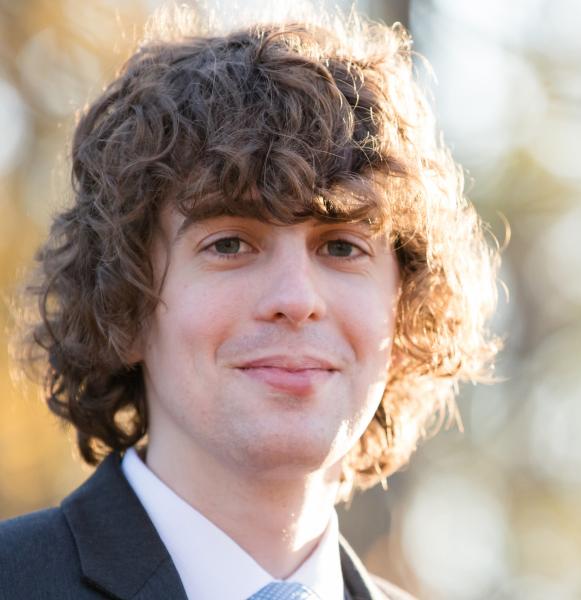
Anthony D’Amico
“Presenting at international conferences is important,” says Camesano because students present in front of the experts in the field and can establish an essential worldwide network early in their careers.
Students find the conferences offer opportunities not found on campus. “Many conferences have job fairs or poster sessions, so the networking can easily lead to career opportunities like postdoc positions or job offers for the students,” says chemical engineering PhD candidate Anthony D’Amico.
In May, D’Amico presented his work on “stress build in additively manufactured (3D printed) parts” at the SAMPE Seattle 2017 conference in May. “It was a fantastic conference for networking as it is a more industry-focused conference than most I’ve been to," he says. "I had the opportunity to speak with people from a couple of leading AM companies and discuss my work with them, and we’re now working on setting up collaborations to both broaden the area our work can cover and help get it out into industry so it can have a real impact.”
Presenting at prestigious conferences also helps students develop another excellent skill that won’t appear on a resume but is obvious in any interview: confidence. “The people they are presenting in front of are strangers, but they could be competitors, too,” says Camesano, so students must be well-prepared and well-versed.
D’Amico says the SAMPE conference gave him perspective. “Both presenting my work and discussing it with people throughout the conference helped people know what it is we are doing,” he says, “and it gave me a better idea of where our work fit in the broader research space.”
- By Julia Quinn-Szcesuil
